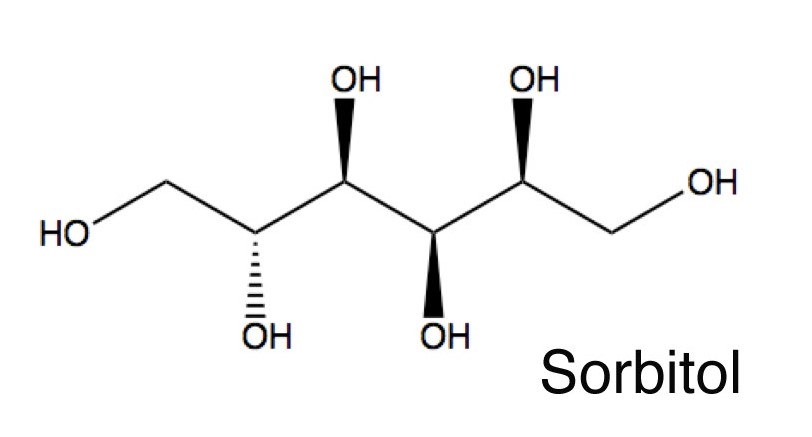Sorbitol is a sweetener that is widely used to prevent diarrhea in dogs. It is also an ingredient in some food products. Whether Sorbitol is safe for dogs is debatable. Ultimately, it is best to consult a veterinarian before administering Sorbitol to your dog. In general, dogs can tolerate small amounts of Sorbitol without ill effects.
A few days ago, I was watching the American television show, Talk Show with Spike Feresten. It’s a talk show that often makes fun of dog owners and their dog’s irrational behavior. This time it was about a dog that ate a bag of sugar-free gummy bears, and the owner complained that her vet told her that sorbitol was poisonous to dogs.

Xylitol is toxic to dogs
Most sugar-free gum and breath mints contain xylitol, a substance that is harmful to dogs. These products contain 0.2 to 1.0 grams of xylitol per piece, which is enough for a 10-pound dog to consume. You should read the label and avoid giving your dog access to these products. Then, avoid giving your dog treats containing xylitol altogether.
It causes diarrhea
The use of sorbitol in food is not recommended for dogs. It has laxative and diuretic properties, which can be harmful if consumed in large amounts. Dogs may also experience flatulence, abdominal pain, and diarrhea if sorbitol is added to their food. Since this substance is not well studied in canines, pet owners should be careful when using it. They should consult a veterinarian if they suspect that Sorbitol is causing their dogs to experience gastrointestinal problems.
It causes vomiting
If your dog has become sick after ingesting sorbitol in its treats, it is vital to contact a vet or poison control center immediately. The vet will most likely tell you to give your dog soft food and plenty of water until the symptoms disappear. If the symptoms are severe, however, you should take your dog to the vet immediately. If your dog has not yet been diagnosed with a bacterial infection, you should avoid giving him artificial sweeteners altogether.
It causes seizures
Toxins are not the only cause of seizures in dogs, however. Many other conditions, such as kidney disease, anemia, and a deranged gastrointestinal tract, can cause seizures. In addition to sorbitol, dogs can suffer from other types of seizures, including focal and grand mal seizures.
These are triggered by abnormal electrical activity in the dog’s brain and can last from a few seconds to several minutes.

It causes liver failure
Some veterinary professionals believe that sorbitol can cause liver failure in dogs. To prevent acute liver failure, a dog should be vaccinated against canine hepatitis. Likewise, dog owners should avoid giving their dogs any medications containing hepatotoxins. A dog’s liver has several functions, including absorbing and filtering nutrients. Therefore, it is crucial to avoid all medications that contain sorbitol, which can affect its functions.
The data is clear: sucrose is safe for dogs (and, of course, humans and other animals), but sorbitol is not. So, if you have a dog that’s prone to eating your pantry items, then keep an eye on all of your food products, particularly food products that contain sorbitol, maltitol or erythritol. By doing so, you’ll prevent your dog from developing painful stomach issues and will avoid costly veterinary bills.

